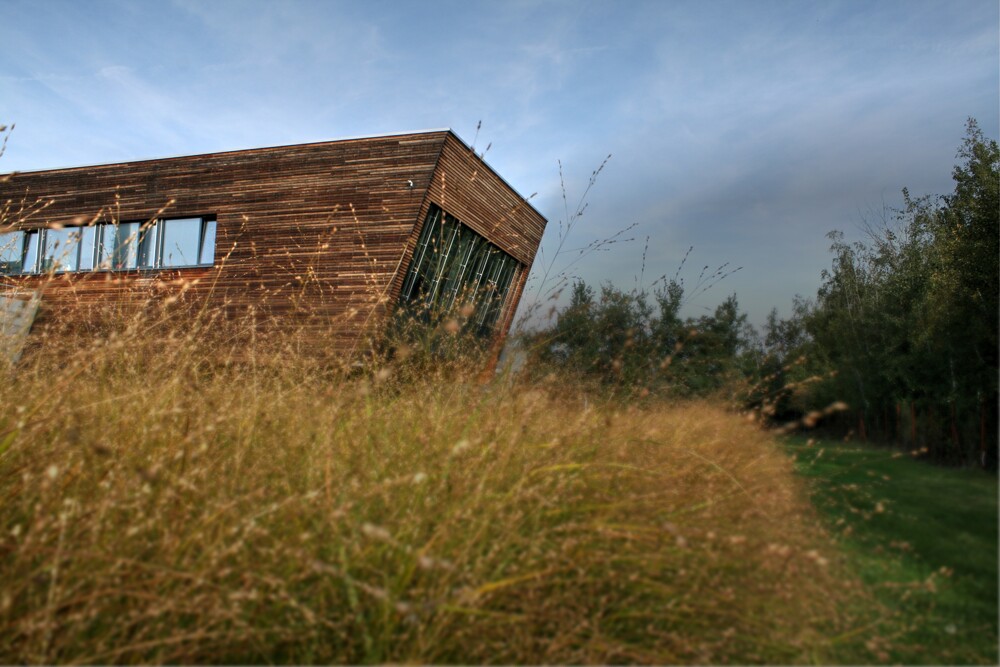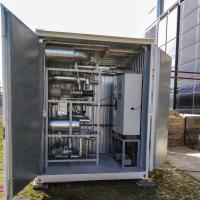

The University Center for Energy Efficient Buildings of CTU has long been dedicated to increasing the efficiency of biomass use. An example is the successful development of the unit for the combined production of electricity and heat WAVE, which is followed by a new project of a fully automatic hot water boiler.
The currently prepared EU legislation and subsequent national goals in the field of climate and energy policy (National Climate and Energy Plan of the Czech Republic) place significant demands on the production of heat from biomass, the use of which is to be doubled by 2030. This will lead to pressure on its consumption in small and medium-sized heat sources in the heating industry and in industrial enterprises.
Within the CTU UCEEB, the team of the Laboratory of Organic Rankine Cycles and Their Applications (LORCA), which is part of the Building Energy Systems department, is dedicated to increasing the efficiency of biomass use. After the successful completion of the development of the WAVE micro power plant, this laboratory, in cooperation with the company GT-PROGRES, started a new project under the name "Fully automatic biomass hot water boiler" supported by OP PIK Aplikace VII. výzva.
For applications where WAVE is not an effective solution, a fully automatic hot water boiler in a container design for wood chips with a heat output of approx. 120 kW will be developed and tested in the client's operating conditions, which will meet the requirements of the so-called Ecodesign. Experience with WAVE is a prerequisite for the successful development of a solution with a temperature limit of 150 °C and with pressures up to 30 bar (with a reserve, the usual requirement of heating systems), which will be "scalable" by placing a larger number of container units to ensure an output of 1-2 MW.
Economically acceptable solutions are not yet available on the market in this area for low heat outputs. The uniqueness of the project lies in the fact that the available hot water boilers cannot be converted to hot water boilers in a simple way, in addition, container boilers with short implementation times and the possibility to expand or reduce the installed output as needed are not normally available.